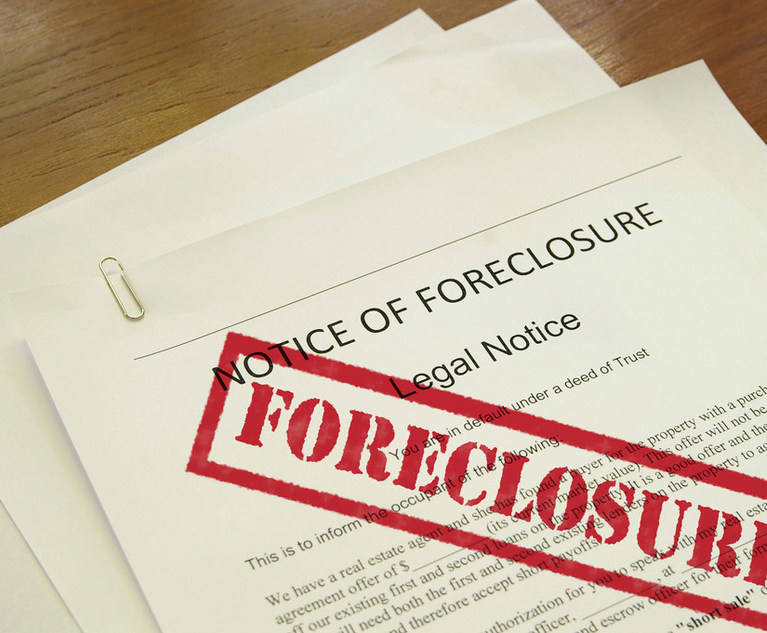The sale of tax liens has long been a method for the collection of delinquent property taxes, water and sewer charges, and other assessments by municipalities in New Jersey. An efficient market for these liens, which are often acquired by sophisticated entities holding extensive tax sale certificate portfolios, ensures that municipalities do not suffer the financial consequences of delinquent property owners. On the other hand, the statutory tax sale scheme, which awards tax sale certificates to the bidder of the lowest rate of interest on unpaid taxes, affords those same property owners an opportunity to redeem the certificates at a reasonable cost before a final tax foreclosure sale.
In New Jersey, the Third Circuit’s decision in In re Hackler and Stelzle-Hackler v. Arianna Holdings Co., LLC, 938 F.3d 473 (3d Cir. 2019) (“Hackler”) and its progeny have created a potential drag on the market for the sale of tax liens by holding that tax foreclosure sales may be avoidable as preferential and fraudulent transfers by property owners who subsequently seek relief under the United States Bankruptcy Code. While the Sixth and Seventh Circuits have joined the Third Circuit in holding likewise, the Fifth, Ninth, and Tenth Circuits have held to the contrary. If the Supreme Court eventually weighs in to resolve this circuit split, property owners, municipalities, and potential bidders for tax liens across the country will receive greater clarity on this critical issue.


 Credit: zimmytws / stock.adobe.com
Credit: zimmytws / stock.adobe.com




